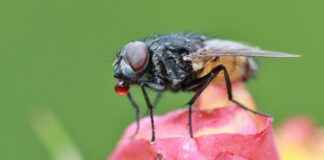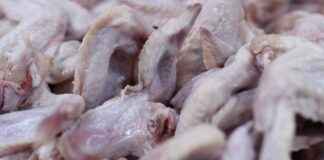Avian Influenza Suspected in Plymouth Bird Deaths: Massachusetts Officials
In a startling turn of events, Plymouth, Massachusetts, officials have raised concerns about the possible outbreak of highly pathogenic avian influenza, commonly known as bird flu, after the discovery of over 60 dead birds at Billington Sea. The community is on high alert as state and local authorities rush to investigate the situation and prevent further spread of the disease.
State Officials Respond to Bird Deaths
Early Sunday morning, members of the Clean Harbor waste management team, under contract by the state Department of Environmental Protection, along with state officials, rushed to Billington Sea to address the alarming number of dead geese, swans, and other wildlife found near the pond. The day prior, a state ornithologist informed town officials that a deceased goose retrieved from Plymouth was strongly suspected of carrying the avian influenza virus. The urgency of the situation prompted swift action from the authorities.
Testing for Confirmation
While there is only one lab in the U.S. equipped to definitively confirm cases of bird flu, officials are working diligently to test the deceased birds from Billington Sea to establish the cause of death. The process may take up to a week to yield concrete results, leaving the community in a state of anxiety and caution.
Precautions Advised
In light of the suspected bird flu outbreak, both state and local officials have issued warnings to the public regarding the handling of sick or dead wild birds and animals that may carry the virus. The importance of wearing protective gear when in contact with such creatures cannot be emphasized enough to prevent potential transmission. Poultry owners are specifically advised to take extra precautions, including keeping their birds away from wild waterfowl, limiting access to their flocks, and maintaining strict hygiene practices when sharing equipment with other bird owners.
CDC Recommendations and Public Safety
The Centers for Disease Control and Prevention (CDC) have chimed in on the situation, urging faster and more thorough testing of hospitalized influenza A patients to differentiate between seasonal flu and bird flu. This move aims to streamline the identification of bird flu cases, enhance patient care, and expedite infection control measures. With an increasing number of avian flu cases across the U.S., vigilance and proactive measures are crucial to safeguard public health.
As the community braces for potential challenges ahead, the collective effort to contain the outbreak and protect both wildlife and human populations remains a top priority. Stay informed, stay safe, and remain vigilant in the face of this evolving situation.







































